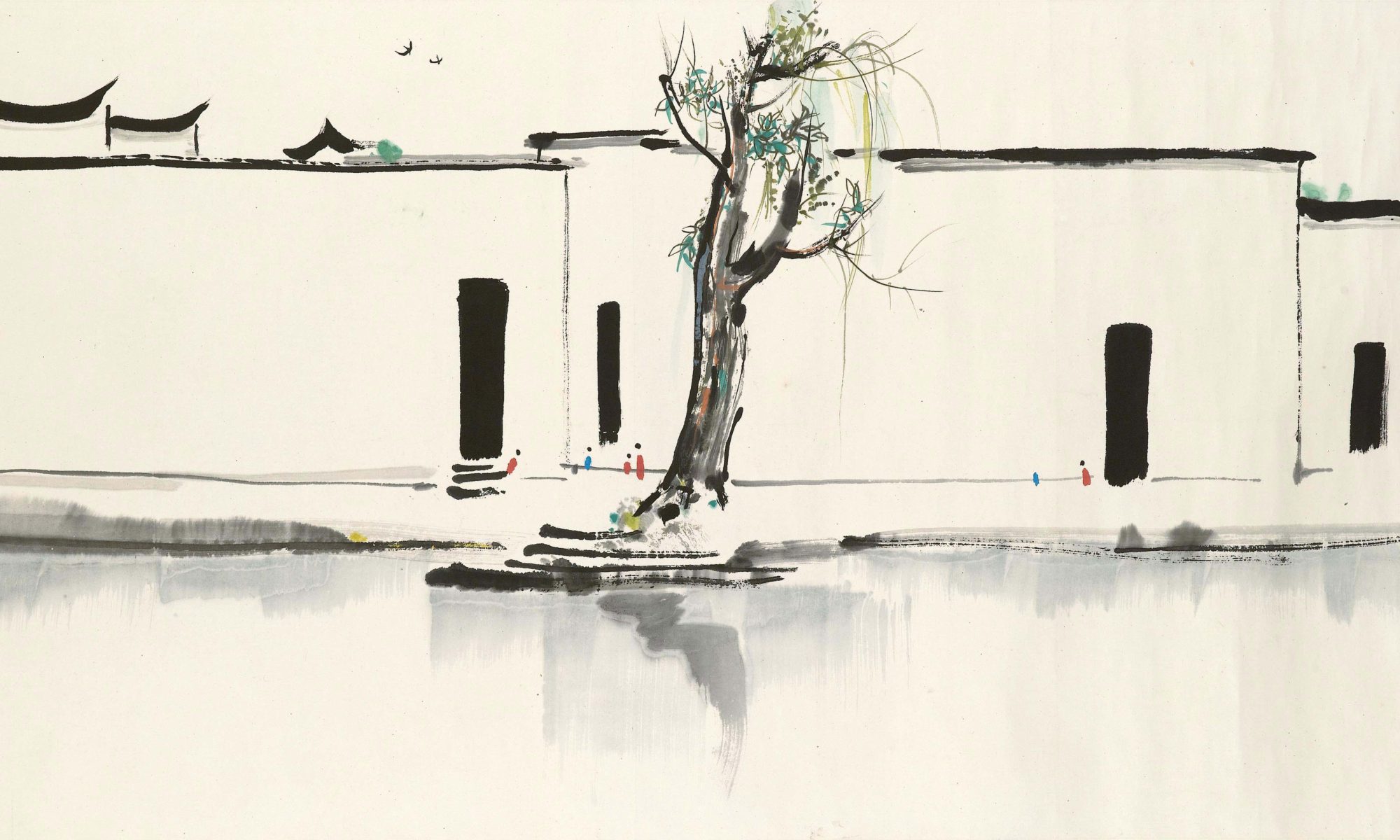
I was introduced to the idea of Orientalism five years ago. Since then, I have read a few times of this book and most recently last month. Orientalism refers to discourses that construct fixed and unchanging characteristics, most typically those interpreted as backward, childlike, and illogical, to the East to justify their domination by British colonizers. It was a revolutionary idea introduced by the famous post-colonialism scholar Edward Said who was a Palestinian American and a professor of literature at Colombia University.
Orientalist works collectively formed a fixed and static image/discourse of the East by emerging across a diverse spectrum of disciplines including languages, culture, history, philology, anthology, geography, and psychology. For Said, these works appeared as part of a, systematic cultural, political, and social Orientalist effort on behalf of colonial European powers, mainly the British and the French, to justify their colonial enterprise. In turn, these fixed and collective images of the East were so repeatedly discussed, studied, and applied in European academia, cultures, and arts that Orientalism began to cement as a powerful, indisputable truth (Said 3). Orientalism as ideology thus emerged as a powerful, naturalized force to contain the East – to contain the place and the people into a fixed and unchanging image of something inferior, childlike, and backward and in need of European governance. Orientalism’s naturalization enabled the West to dominate and restructure the East. Within this context, Western concepts, knowledge, and imaginaries of “the East” were so powerful at this time that “no one writing, thinking, or acting on the Orient could do without taking account of the limitations on thought and action imposed by Orientalism” (Said 3).
To understand the ideology of Orientalism in action and specifically its form, one should refer to the historical example mentioned by Said in the book. In June of 1910, Arthur Balfour, former British Prime Minister from 1902 to 1905, joined the Parliament and addressed the House of Commons to argue the importance of the continued British occupation of Egypt. J.M. Robertson, another Parliament member, challenged him by asking “what rights have you [Balfour] to take up these airs of superiority about whom you choose to call Oriental” (Said 31)? He responded by saying “we know the civilization of Egypt better than we know the times of any other country…it goes far beyond …when the Egyptian civilisation had already passed its prime…look at all the Oriental countries” (Said 32). Balfour’s declaration recalls the most significant characteristic of Orientalist writing, that is, portrayals of the East as an ancient, fixed, and backward fantasy land in which Britain had the right to govern it because it knows the East. Precisely because of this reason, Britain is rightly eligible for or even has the responsibility to “contain and condition” the East.
It becomes extremely interesting if we compare the discourse of Belfour in 1910 to the speech made by Nikki Haley, United States Ambassador to the United Nations on 21 December 2017:
Sir Balfour in 1910:
“I think that experience shows that they [Egypt under the rule of the British Empire] have got under it far better government than in the whole history of the world they ever had before, and which not only is a benefit to them, but is undoubtedly a benefit to the whole of the civilised West…. We are in Egypt not merely for the sake of the Egyptians, though we are there for their sake; we are there also for the sake of Europe at large” (Said 4) .
Nikki Haley in 2017:
“The United States is by far the single largest contributor to the United Nations and its agencies. We do this, in part, in order to advance our values and our interests. When that happens, our participation in the UN produces great good for the world” (Haley par. 3).
Simply put, what Haley said is that the values and interests of the United States must be the values and interests of the world, just as Balfour’s Britain, by unjustly occupying Egypt, Britain was doing greater good not only for the Egyptians but also for Europe. If we have a friend that has such egoistic and bullying character, we would have unfriended them. But if this kind of characteristic appears at the national level, we sometimes failed to notice. But we should not.
Haley, Nikki. “Full text of Nikki Haley’s speech to UN General Assembly on Jerusalem.” The Times of Israel, https://www.timesofisrael.com/full-text-of-nikki-haleys-speech-to-un-general-assembly-on-jerusalem/, 21 Dec. 2017.
Said, Edward. “Orientalism.” Penguin, 2007.

